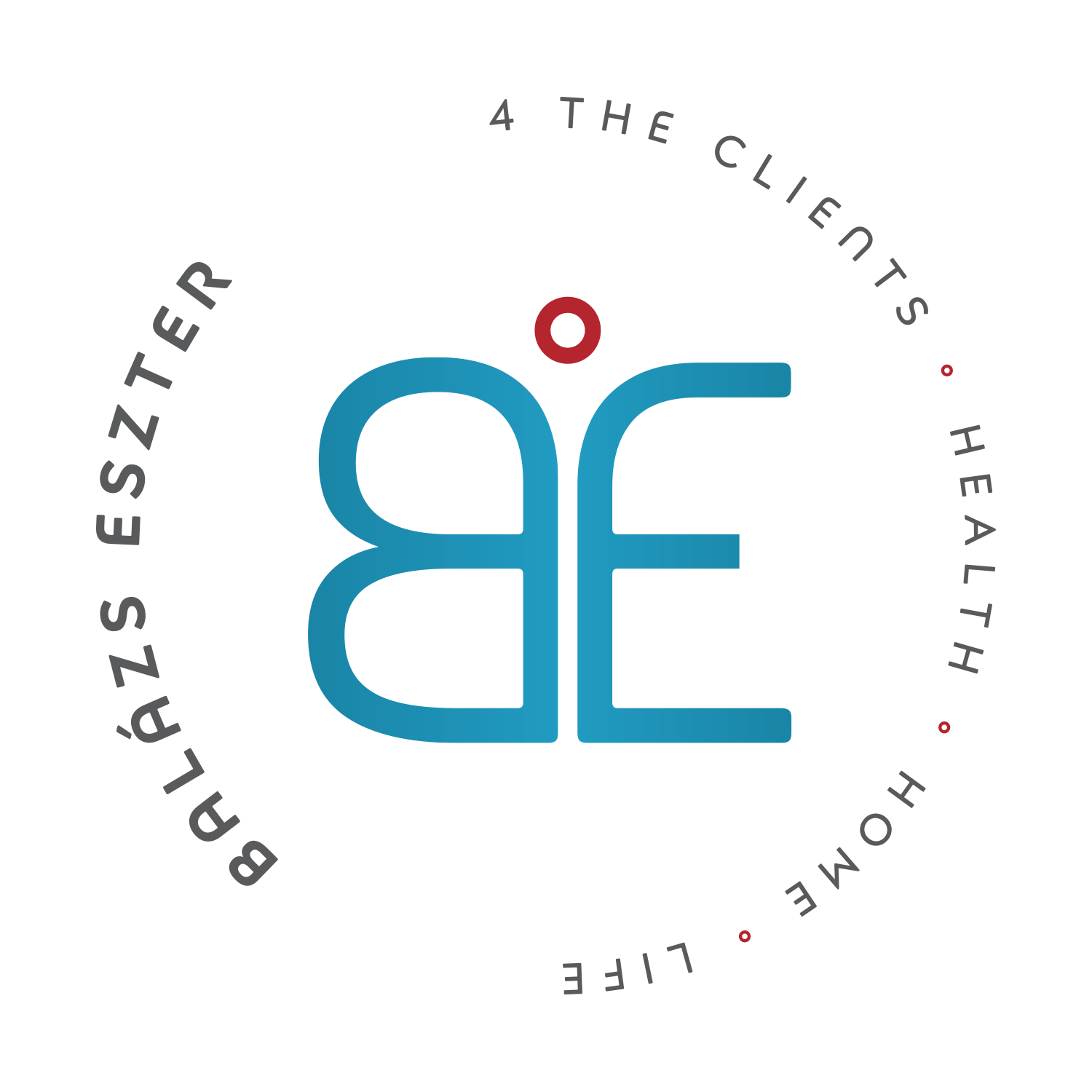Just like in many other spheres of life, news and (half) truths are also circulating in the world of insurance about which types of insurance you should or shouldn’t take out, about healthcare services, and about equity funds.
In our article below we try to collect together – and refute – some of these.
-
There is no need for accident insurance now
Unfortunately, accidents can happen at any time. Often when you are at home, or in the kitchen. More and more of us are working from home, which is very important to slow the spread of the pandemic. But this can increase the number of household accidents. According to data from the Hungarian Central Statistical Office, the number of household accidents totals 250,000 per year.
Accident insurance covers you regardless of the coronavirus, so it is worth keeping it.
-
Life, accident and health risk insurance does not cover virus-related costs
You can count on your life and health risk insurance. Any client who is admitted to hospital with the coronavirus is entitled to the daily hospital allowance included in health risk insurance. The exception is if a client is admitted to a healthcare institution without any symptoms, just for the sake of isolation. The insurance company pays for incapacity to work if the insured person is unable to work owing to the coronavirus and is sent on sick leave. In line with the life risk insurance policy, the insurance company pays compensation for death even if it was caused by the coronavirus infection.
-
Do not take out risk insurance now, the waiting period is too long anyway
You may need fast and reliable help in the event of an accident, illness or death. In many cases these insurance products cover you in relation to the coronavirus too (see previous point), and the six-month waiting period valid for life risk insurance can be lifted by means of a health statement given over the phone.
-
It is not worth it for employers to take out life, accident and health risk insurance for their employees
A wide scope of protection and financial help are indeed necessary as caring employers are more valuable than ever before. In the current situation, your home office is not a place to live, but a reorganised workplace, so if an employee suffers an accident when working from home, the employer must compensate them for it.
What is more, employer life, accident and health risk insurance can be granted as tax-free benefits, if this only covers working hours and commuting time (protection at work and on the way to work). Collective insurance offers financial support for insured employees in the event of an illness or accident, be it an accident at home or an illness due to the coronavirus. With Generali Shield insurance there is no waiting period for any risk.
-
Health insurance financing services cannot be used
A number of private clinics are still operating, but during the pandemic private healthcare institutions have their own procedures with regard to the coronavirus. As a result, certain types of care are not available in the traditional manner, but new services are continuously being introduced.
With your Medihelp international health insurance you can arrange your private healthcare examinations quickly at your preferred facility. In such critical times it is even more important that if you cannot avoid having a medical check-up or examination, then this should take place with the utmost care and protection and at your preferred private clinic if possible.
You can only be treated for the coronavirus as a hospital inpatient in the public healthcare system, but our existing Medihelp insurance pays HUF 15,000 compensation for each day spent in hospital if you have a Hungarian social security card and have contracted the disease.
For clients who do not have a Hungarian social security card (for example foreigners living in Hungary), the insurance reimburses any hospital costs invoiced to them, including patient transfer services too.
But for every health problem it is still worth contacting the service organiser.
-
You should plot your escape from asset funds with high equity exposure
A wait-and-see approach is much more justified at the minute. The next 12 months may bring even tougher times for the equity markets, and leading stock indices are expected to continue fluctuating heavily. So it is very important to monitor and evaluate current portfolios in the event of unit-linked life insurance, and then make decisions on possibly rearranging the portfolios or just holding off for now to avoid immediate losses.
-
I can only get my money deposited in life insurance savings back if I terminate the contract
Do not forget about the options of partial surrender or policy loans. If you need money and already have saved enough, and if the contract terms allow it, you may use the partial surrender option. For most life insurance products with a savings component you may take out a policy loan too. This means you can claim a one-year loan against the surrender value of the savings, which, if paid back in time, will not affect the tax-credit of the pension insurance either.
-
Now is not the time to invest
It is practical to think about investing carefully, broken down into several steps. In the current situation a short-term economic shock is unavoidable, but looking a bit further ahead we can be hopeful of being able to control the situation that is evolving right now. Panic selling will soon lead to a market oversell, so with justified caution it is worth considering step-by-step investments and increasing equity exposure if you are taking a long-term approach.
